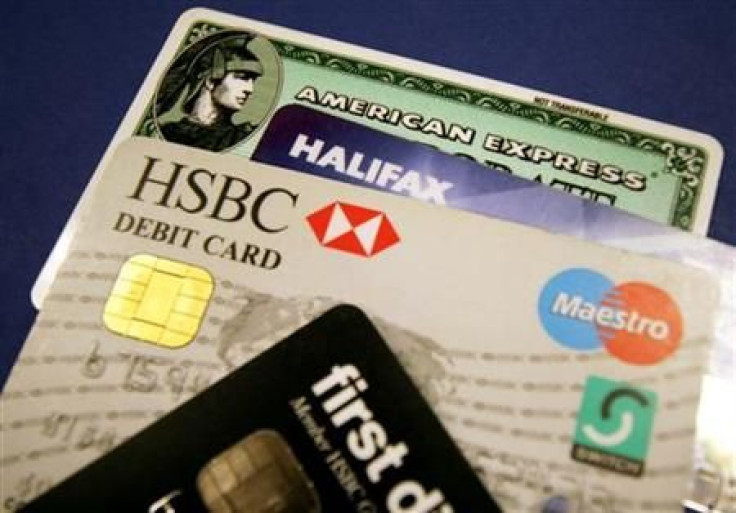111 Indicted in One of the Largest Identity-Theft Cases in the U.S.

Indictments of 111 people were handed up Friday in one of the largest identity-theft busts of its kind in the United States, with thousands of victims in Europe, the Middle East, and China. Thus far, 86 people are in custody and the rest are being sought.
Five criminal enterprises operating in the Queens borough of New York have been dismantled. The theft ring included workers ranging from bank tellers to restaurant employees to other service workers. The thieves lifted credit-card data from residents and foreign tourists.
Queens District Attorney Richard Brown called Operation Swiper the largest fraud case he had seen in two decades at the office.
These weren't holdups at gunpoint, but the impact on victims was the same, New York Police Commissioner Raymond Kelly said. They were robbed.
Authorities used court-approved wiretaps on dozens of phones to eavesdrop on thieves speaking Russian, Mandarin, and Arabic. The $13 million theft enterprise has been running since 2010, and specialized in selling Apple Inc. products overseas.
This is primarily an Apple case, said Gregory Antonsen, a New York Police Department deputy inspector. Apple is a big-ticket item and a very easy sell. Antonsen found the thieves spent the most time and money buying Apple products.
Police said they seized $850,000 worth of computer equipment that had been stolen from the Citigroup Building in Queens, $650,000 in cash, thousands of dollars' worth of Apple computer products, seven handguns, as well as designer watches, shoes, clothes, and bags.
Thieves have an amazing knowledge of how to use technology, Kelly told Reuters. The schemes and the imagination that is developing these days are days are really mind-boggling.
The Associated Press reported that bank workers, restaurant staffers, and retail employees were taught to steal credit-card numbers through a process called skimming. After a card was swiped for payment, a worker would copy the credit-card number and additional data. This information would then be provided to a so-called manufacturer. Similar information was also stolen online.
The team of manufacturers then forged American Express, Discover, MasterCard, and Visa cards with the stolen credit-card numbers. Fake identifications were given with the stolen information.
The cards were lastly distributed to so-called criminal shoppers to make high-end purchases at stores such as Apple, Bloomingdale's, and Macy's. The items purchased would be resold in Europe, the Middle East, and China.
In Europe, credit cards have computer chips, Antonsen told Reuters. When you run it through a European credit-card machine, the magnetic strip on the back will tell the machine to look for the chip. If it doesn't have the chip, it won't let the credit card to go through and that would have eliminated a lot of this [fraud], absolutely.
The criminal charges against the 111 suspects include forgery, identity theft, and robbery.
© Copyright IBTimes 2024. All rights reserved.











